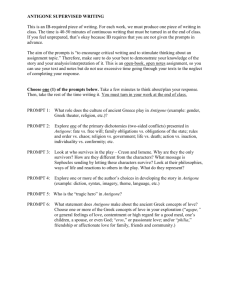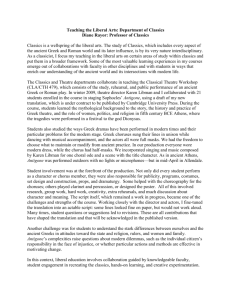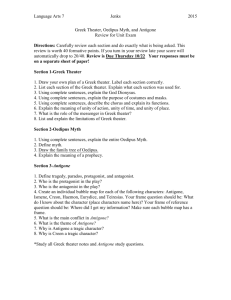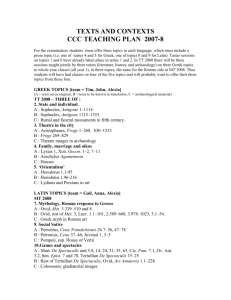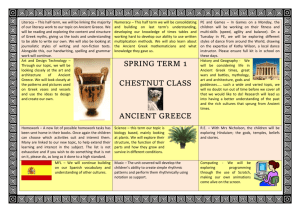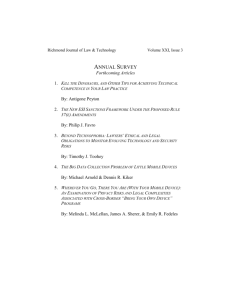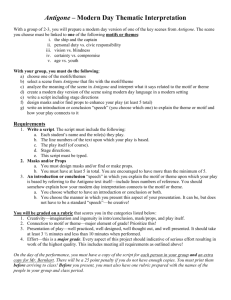Reading the introduction to the play script of Antigone
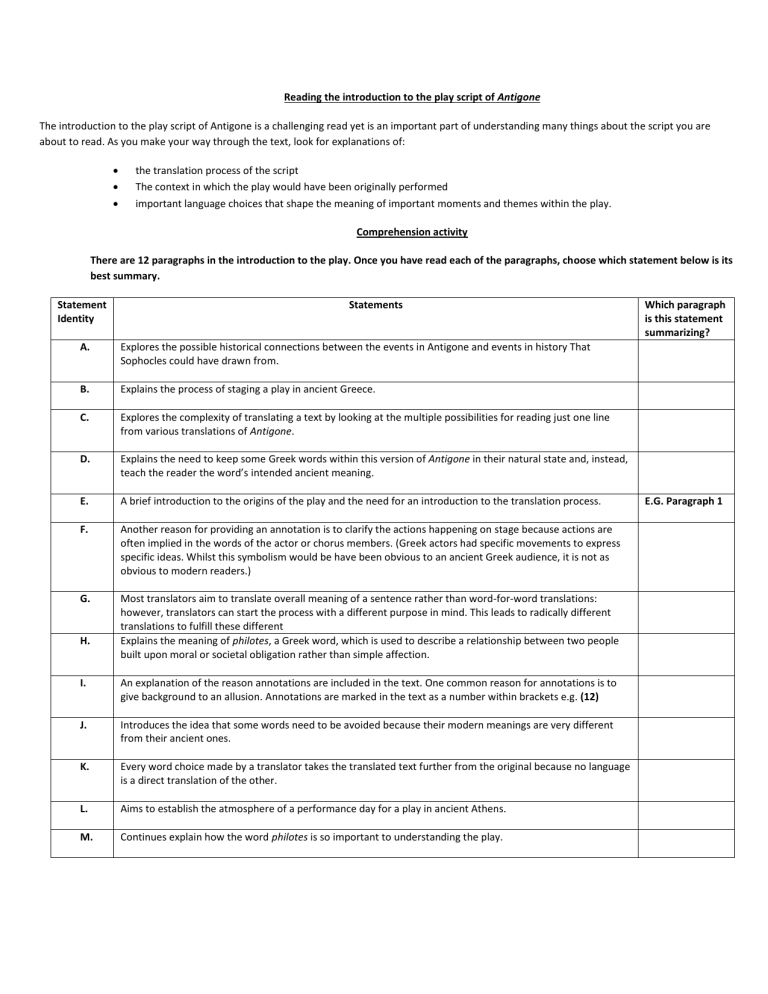
Reading the introduction to the play script of Antigone
The introduction to the play script of Antigone is a challenging read yet is an important part of understanding many things about the script you are about to read. As you make your way through the text, look for explanations of:
the translation process of the script
The context in which the play would have been originally performed
important language choices that shape the meaning of important moments and themes within the play.
Comprehension activity
There are 12 paragraphs in the introduction to the play. Once you have read each of the paragraphs, choose which statement below is its best summary.
Statement
Identity
Statements
A.
Explores the possible historical connections between the events in Antigone and events in history That
Sophocles could have drawn from.
B.
Explains the process of staging a play in ancient Greece.
C.
Explores the complexity of translating a text by looking at the multiple possibilities for reading just one line from various translations of Antigone.
D.
Explains the need to keep some Greek words within this version of Antigone in their natural state and, instead, teach the reader the word’s intended ancient meaning.
E.
A brief introduction to the origins of the play and the need for an introduction to the translation process.
F.
Another reason for providing an annotation is to clarify the actions happening on stage because actions are often implied in the words of the actor or chorus members. (Greek actors had specific movements to express specific ideas. Whilst this symbolism would be have been obvious to an ancient Greek audience, it is not as obvious to modern readers.)
G.
Most translators aim to translate overall meaning of a sentence rather than word-for-word translations: however, translators can start the process with a different purpose in mind. This leads to radically different translations to fulfill these different
H.
Explains the meaning of philotes, a Greek word, which is used to describe a relationship between two people built upon moral or societal obligation rather than simple affection.
I.
An explanation of the reason annotations are included in the text. One common reason for annotations is to give background to an allusion. Annotations are marked in the text as a number within brackets e.g. (12)
J.
Introduces the idea that some words need to be avoided because their modern meanings are very different from their ancient ones.
K.
Every word choice made by a translator takes the translated text further from the original because no language is a direct translation of the other.
L.
Aims to establish the atmosphere of a performance day for a play in ancient Athens.
M.
Continues explain how the word philotes is so important to understanding the play.
Which paragraph is this statement summarizing?
E.G. Paragraph 1

